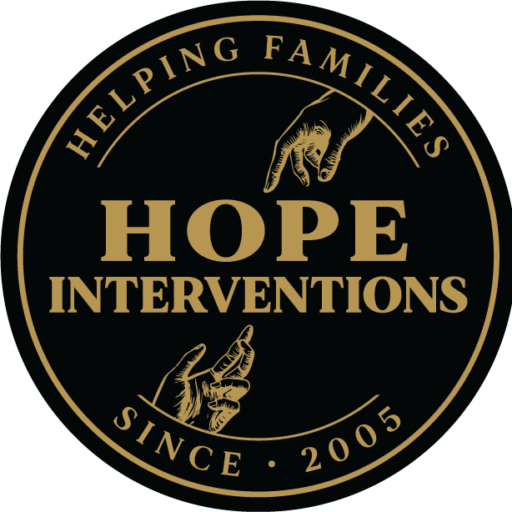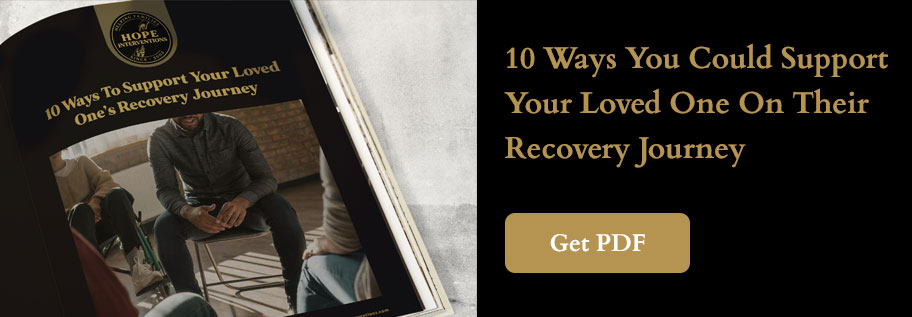When a loved one struggles with addiction, families often try everything—pleading, negotiating, even tough love—but nothing seems to work. That’s when an addiction interventionist can make all the difference. But what exactly do they do, and how do you know when it’s time to hire one?
This guide will explain the role of an interventionist, how they help families, and the signs that professional help may be the best next step.
What Does an Addiction Interventionist Do?
An addiction interventionist is a trained professional who guides families through the process of encouraging a loved one to accept treatment. Their role includes:
- Assessment and Consultation
Reviewing the individual’s history, substance use, and family dynamics to create a customized intervention plan.
- Family Preparation
Coaching loved ones on communication strategies, boundaries, and what to expect during the intervention.
- Facilitating the Intervention
Leading the actual meeting, ensuring it stays structured, compassionate, and focused on treatment acceptance.
- Presenting Treatment Options
Helping the individual transition immediately into detox, rehab, or therapy.
- Aftercare Support
Guiding families with follow-up coaching and ongoing resources to maintain progress.
When Should You Hire an Interventionist?
Families should consider hiring a professional if:
- Repeated Attempts Have Failed
- If past conversations have ended in denial, conflict, or avoidance.
- If past conversations have ended in denial, conflict, or avoidance.
- The Addiction Is Severe or Life-Threatening
- Ongoing drug or alcohol abuse with escalating health or legal risks.
- Ongoing drug or alcohol abuse with escalating health or legal risks.
- Family Dynamics Are Complicated
- When emotions, blame, or enabling behaviors make it impossible to have a calm, productive discussion.
- When emotions, blame, or enabling behaviors make it impossible to have a calm, productive discussion.
- The Person Refuses Treatment
- If they consistently deny the problem or reject help despite clear consequences.
- If they consistently deny the problem or reject help despite clear consequences.
- Safety Is a Concern
- When there’s risk of aggression, violence, or self-harm.
- When there’s risk of aggression, violence, or self-harm.
Benefits of Hiring an Interventionist
- Higher chance of treatment acceptance.
- Neutral guidance that prevents family conflict.
- Connection to treatment resources tailored to the individual’s needs.
- Support for families, not just the individual.
- Peace of mind knowing the process is being handled with professionalism and care.
Conclusion
So, what does an addiction interventionist do and when should you hire one? They help families transform painful moments into opportunities for healing—providing structure, compassion, and a direct path to treatment.
If your family has struggled to reach a loved one on your own, it may be time to bring in professional guidance. At Hope Interventions, our specialists are here to walk alongside your family, offering the tools, expertise, and hope needed to start the recovery journey.

